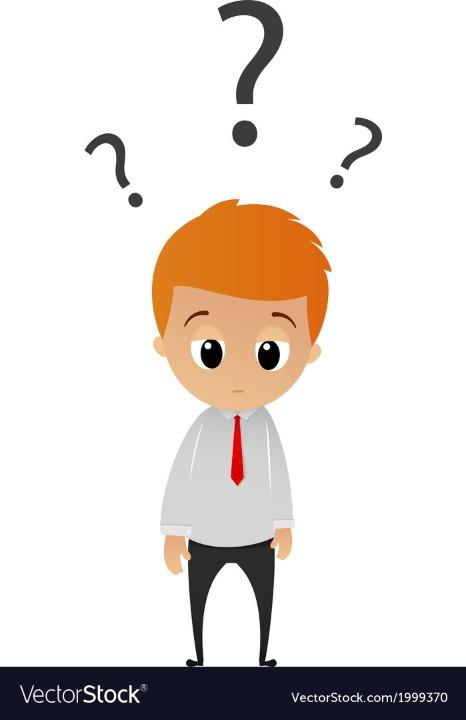One of the key challenges of the IB Diploma is the inevitable shift away from regurgitating learned content in, more or less, the form in which you received it, to applying understanding of ideas and concepts to new material selected by you in order to create something new and individual. This is where inquiry skills become vital.
Learning through Inquiry
Too often, especially in our early-Secondary education, we receive content, remember it, and serve (some of) it up in a test to show we "know" it. Do we "understand" it, though, and can we do anything with it? This form of learning is what Bertrand Russell called the 'empty vessel' - that our heads are merely empty vessels that can be filled up with knowledge. Of course, most of it we forget pretty quickly. And if you don't know yet you will soon... it's no good for learning in the IB Diploma.
The IB talks about learning through inquiry - in fact, it's one of its Approaches to Learning, a mandatory requirement for all IB World Schools. But what actually is it?
Of this, the stage in which you generate questions is crucial. By having a set of essential questions with which to frame your ideas, whenever you are unsure as to why you are reading a certain article or deconstructing a certain image, you can always have a guide as to what it might be about. And if you can choose an essay topic (HL Essay - Choosing a Topic) that addresses one of the questions, or even are able to articulate a response to one of the questions at any point with evidence from material studied in class or at home, you're probably doing okay.
Essential Questions
Imagine you are studying a thematic unit with the mouth-watering title of 'Power, Propaganda, and The Press'. As an initial brainstorm, what concepts (other than Power) do you think will be present?
Once you've listed all of the concepts, can you construct a series of Essential Questions that you could study throughout the unit?
I take my students on a guide through mass communicative media, its history and business model, and consider the relative merits of the internet over the traditional print media. For this first unit of the course, I construct the following essential questions:
If you wanted to write a Higher Level Essay or select a text for the Individual Oral, you would then have a key academic and thematic frame, argument and line of inquiry worth pursuing.
As the next stage, I ask you as the students to write your own essential questions for the next unit. It is entitled, 'The Evolving Role of Women in the Written Word' and looks at literary and non-literary texts.
Write your own essential questions for this unit?
Do you have particular works of liteature that could fit in this topic?
How could you choose non-literary bodies of work, not only for study but for use in the Individual Oral?
How much of Inquiry through Essential Questions have you understood?




 Twitter
Twitter  Facebook
Facebook  LinkedIn
LinkedIn